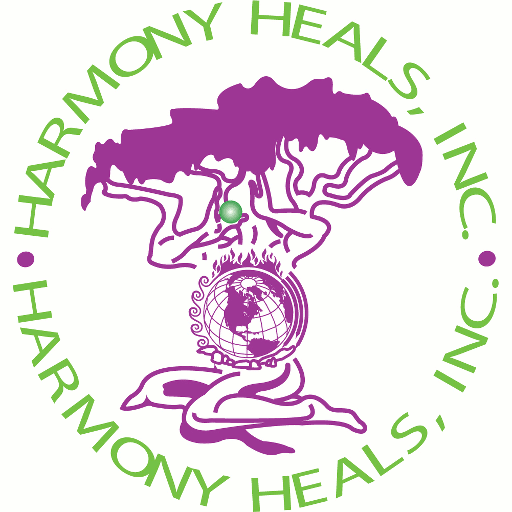
Traditional use of medicines is recognized as a way to learn about potential future medicines. Herbalism is an alternative medicine or folk medicine practice based on the use of plants and plant extracts. Herbalism is also known as botanical medicine, medical herbalism, herbal medicine, herbology, and phytotherapy. The scope of herbal medicine is sometimes extended to include fungal and bee products, as well as minerals, shells and certain animal parts. Pharmacognosy is the study of medicines derived from natural sources. The use of plants as medicines predates written human history. A 60 000-year-old Neanderthal burial site, “SHANIDAR-4”, in northern Iraq has yielded large amounts of pollen from 8 plant species, 7 of which are used now as herbal remedies.
Plants have evolved the ability to synthesize chemical compounds that help them defend against attack from a wide variety of predators such as insects, fungi and herbivorous mammals. By chance some of these compounds whilst being toxic to plant predators turn out to have beneficial effects when used to treat human diseases. Chemical compounds in plants mediate their effects on the human body by binding to receptor molecules present in the body; such processes are identical to those already well understood for conventional drugs and as such herbal medicines do not differ greatly from conventional drugs in terms of how they work. This enables herbal alternative medicines to be in principle just as effective as conventional medicines but also gives them the same potential to cause harmful side effects. Many of the herbs and spices used by humans to season food yield useful medicinal compounds.
 In 2001, researchers identified 122 compounds used in mainstream medicine which were derived from “ethnomedical” plant sources; 80% of these compounds were used in the same or related manner as the traditional ethnomedical use. Similarly to prescription drugs, a number of herbs used for alternative medicines are thought likely to cause adverse effects. Furthermore, “adulteration, inappropriate formulation, or lack of understanding of plant and drug interactions have led to adverse reactions that are sometimes life threatening or lethal.
In 2001, researchers identified 122 compounds used in mainstream medicine which were derived from “ethnomedical” plant sources; 80% of these compounds were used in the same or related manner as the traditional ethnomedical use. Similarly to prescription drugs, a number of herbs used for alternative medicines are thought likely to cause adverse effects. Furthermore, “adulteration, inappropriate formulation, or lack of understanding of plant and drug interactions have led to adverse reactions that are sometimes life threatening or lethal.
In the written record, the study of herbs dates back over 5,000 years to the Sumerians, who described well-established alternative medicinal uses for such plants as laurel, caraway, and thyme. Ancient Egyptian medicine of 1000 B.C. are known to have used garlic, opium, castor oil, coriander, mint, indigo, and other herbs for medicine and the Old Testament also mentions herb use and cultivation, including mandrake, vetch, caraway, wheat, barley, and rye. Now herbology and alternative medicine is available in Orange County.






Leave A Comment